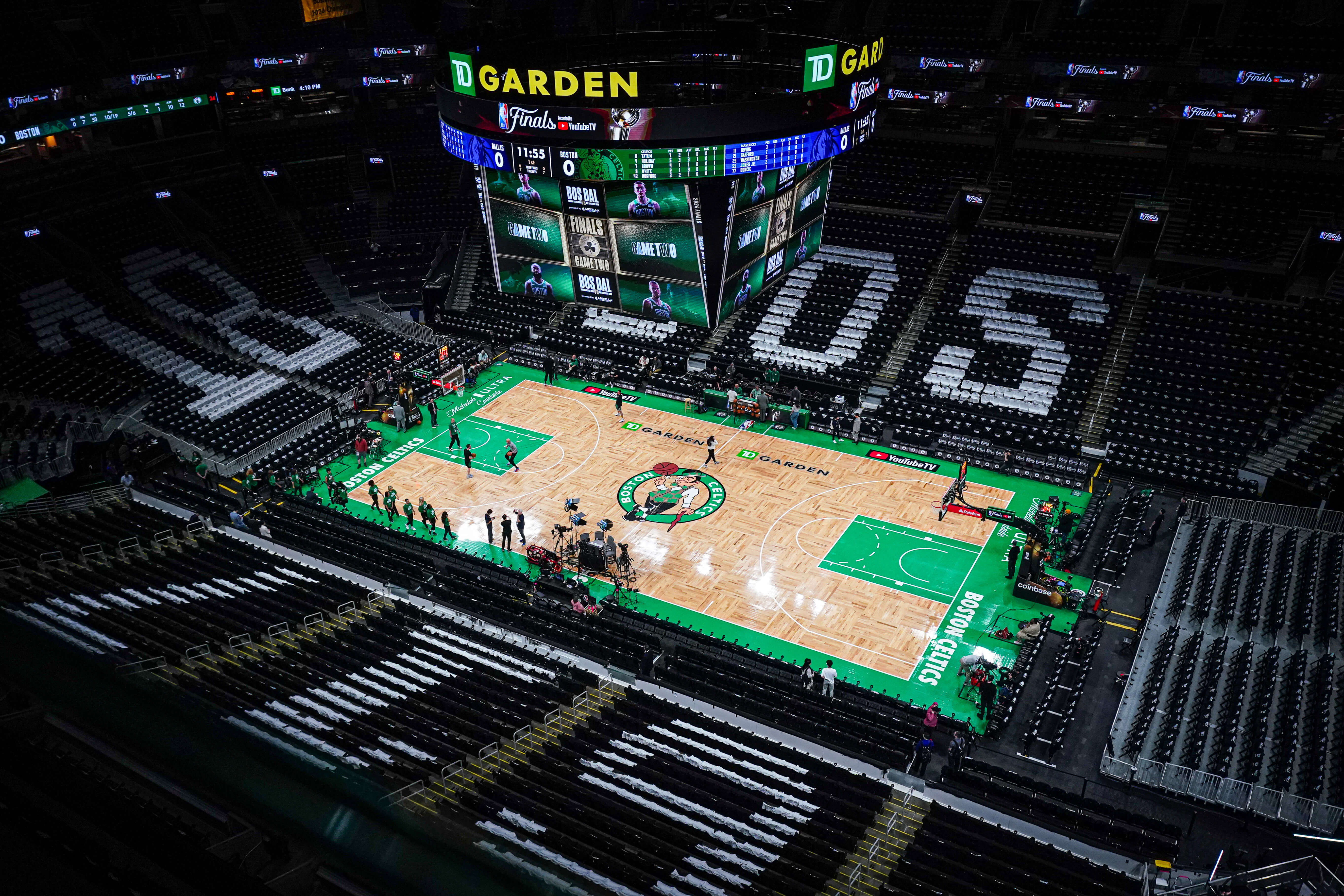Gambling
Massachusetts to Mull Bovada Sports Betting Cease & Desist Letter

Gaming commissioner wonders if “it’s worthwhile to just have a discussion among the commissioners as to whether there are any steps we might want to take.”
Massachusetts regulators will weigh whether to get in on the latest trend in sports betting oversight: sending cease-and-desist letters to Bovada.
The Massachusetts Gaming Commission (MGC) held an agenda-setting meeting Wednesday morning to plan out what topics it will tackle in the future. One will be whether to hit offshore and illegal sports betting operators with cease-and-desist letters, as Michigan has done recently and as Connecticut is preparing to do as well.
Commissioner Nakisha Skinner first floated the idea, saying there is “a lot of talk” at the North American Gaming Regulators Association meeting this week (which she is attending) about the illegal online gambling market.
She also noted the Michigan Gaming Control Board’s recent cease-and-desist letter to offshore sportsbook Bovada over its alleged offering of illegal online gambling and the plan by regulators in Connecticut to do the same.
“I wonder if it’s worthwhile to just have a discussion among the commissioners as to whether there are any steps we might want to take as a commission along those lines, just with the understanding that our hands are somewhat tied,” Skinner said. “But I think it’s worth the discussion. We may want to send a cease-and-desist letter of our own.”
Knock it off
The consideration that the MGC and other gambling regulators are giving to the offshore and illegal online wagering markets underscores how states are getting more aggressive in trying to police that activity, even if the reach of their enforcement can only stretch so far.
Yet one of the main drivers of the expansion of legal sports betting in the U.S. was to divert illegal activity toward locally regulated operators, and states don’t want that mission undermined.
Sending cease-and-desist letters was a tool Massachusetts sports betting regulators and others used to address daily fantasy contests they felt looked a little too much like event wagering. The Massachusetts Attorney General’s office sent similar letters to DFS operators earlier this year, prompting changes to the fantasy sports landscape in the Bay State.
Everybody’s doing it
The MGC is already considering the idea of a “seal of approval” to help inform residents about which online sports betting sites are legal in the state. Skinner added that she is aware of some jurisdictions “holding their vendors accountable, making an inquiry as to whether they are doing business with these illegal markets.”
The Michigan Gaming Control Board has said it could turn its attention to offshore sports betting suppliers if Bovada doesn’t comply with its cease-and-desist letter, which gave the operator until this week to stop residents from wagering on its site. Bovada has shut down in a handful of other states, but there has been no indication it has done so or will do so in Michigan.
Meanwhile, the Connecticut Department of Consumer Protection is drafting a cease-and-desist letter of its own for Bovada, according to a spokesperson, which the regulator expects to send in a week or two.
“We send out cease and desist letters regularly, as there are only three licensed operators in the state of Connecticut,” said Kaitlyn Krasselt, director of communications for the Department of Consumer Protection, in an email to Covers. “It is not typical for us to send out a public notice every time we send a cease and desist. Typically, later in the summer just before sports betting ramps up again, we send out a reminder that there are only three legal operators in our state and reminding people the dangers of utilizing unlicensed/unregulated platforms to place wagers.”
On the to-do list
Skinner suggested inviting Massachusetts’ attorney general in for a discussion. She also said she wanted the MGC to put the possibility of sending out cease-and-desist letters on its list of items under review, which means the regulator could consider doing so at a future meeting.
Interim MGC chair Jordan Maynard agreed, noting the commission’s legal staff may already be thinking about the matter.
“I imagine there’s work going on,” Maynard said.







:max_bytes(150000):strip_icc()/roundup-writereditor-loved-deals-tout-f5de51f85de145b2b1eb99cdb7b6cb84.jpg)


